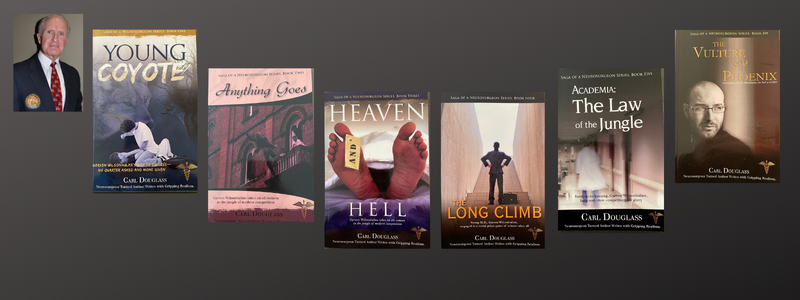Podcast: Play in new window | Download (Duration: 37:36 — 34.5MB) | Embed
Subscribe: More
Episode 64: The Mysterious Grand Canyon

Since well before the “Americans” discovered the magnificent Grand Canyon, the incredible geologic formation has been shrouded in mystery. The Hopis—who live there on the southern escarpments of Black Mesa in eastern Arizona–are one of the oldest living cultures in documented history, with a past stretching back thousands of years. The Hopi trace their ancestry to the Ancient Puebloan and Basketmaker cultures, which built many stone structures and left many artifacts at the Grand Canyon and across the area of the present day Southwestern United States. Little is known about that mysterious culture beyond what they left behind.
________________
Grab your copy of this epic trilogy.
Share your Alaska photos and tales at the Explore Alaska Facebook Event!
Visit our Facebook Event: Explore Alaska from June 16 to June 30 and share your tales and post photos of Alaska.
_________________________
This podcast is sponsored by Author Masterminds and the Readers and Writers Book Club.
Check out the Author Masterminds Website
Get to know the authors at The Readers and Writers Book Club
__________________________________________________
Meet Carl Douglass, your host for episode 64: The Mysterious Grand Canyon.
My pseudonym as an author is Carl Douglass, adopted as a means of telling stories with gripping realism—the truth of which would not bring trouble to my door. My writing of gripping, realistic fiction began after I was obligated to retire from the private practice of neurosurgery due to sudden blindness in my left eye from a retinal detachment which caused loss of stereoscopic vision. I carried with me decades-long knowledge of doctors, hospitals, and institutions of higher learning, including some less than laudatory information. My military experience during the years of the recent unpleasantness in Vietnam also gave me considerable insight. Both of those lengthy experiences provided true grist for the mill of my writing, but neither of them need to connect the stories to the lives of the real people and places where the stories took place. In that sense, I know too much and have no wish to incriminate or to bring harm or embarrassment to real individuals or institutions. My rich and varied life has provided even more fodder to feed my mind and contribute realism to my written work. In my time, I have had to work due to lacking a sugar daddy. I have been a grease monkey, a lumber mill and forest worker, a lifeguard, a slaughterhouse worker, a diener in a morgue, a lab rat, an academic writer, a medical officer in a mental hospital, a naval officer and surgeon, a brig doctor, and a deep diving officer. I have been the husband of one fine wife, the father of four children—one deceased—eleven grandchildren, and seven great-grandchildren. All of them have enriched the depth and breadth of my storytelling.
 _______________________
_______________________


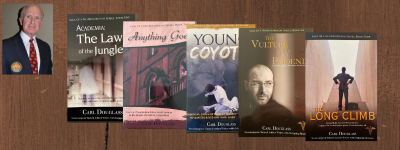
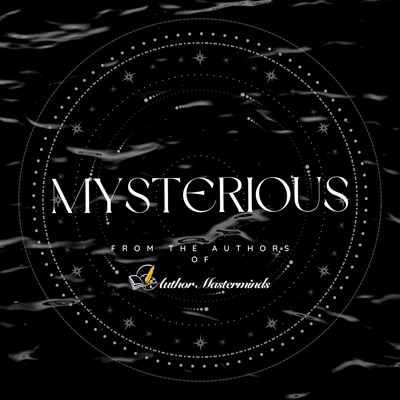

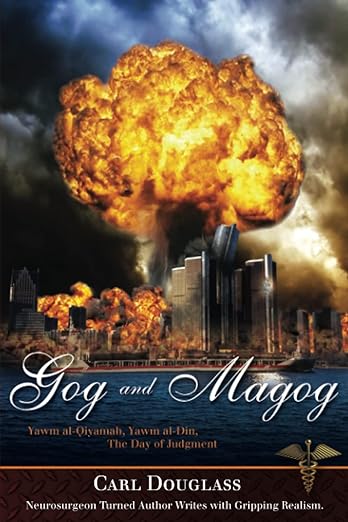 ____________________________________________________
____________________________________________________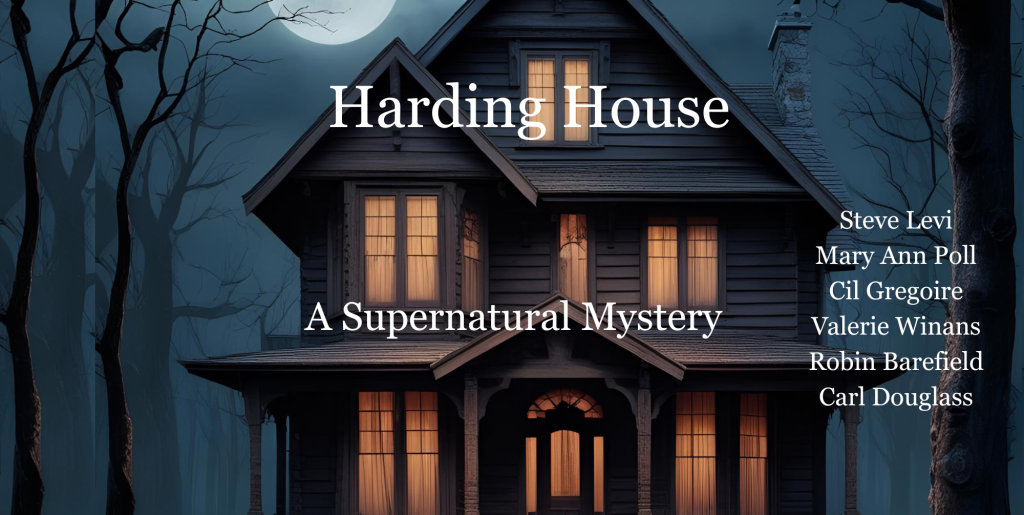

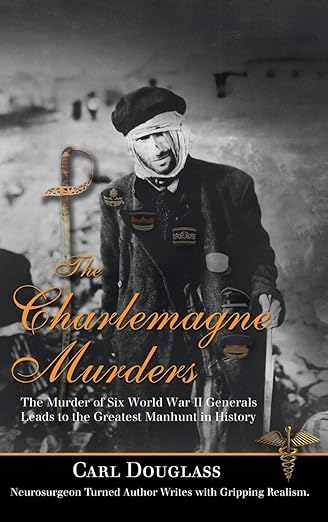
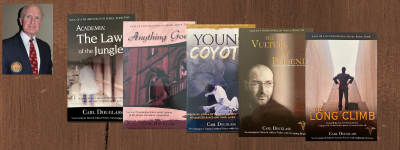

 _________________________________________________________
_________________________________________________________
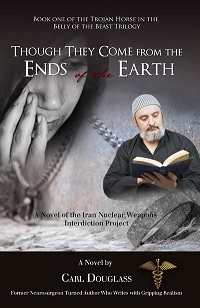

 During WWI, Anastasia–like her sisters–volunteered as a nurse right in the royal palace at Tsarskoye Selo. Many of its rooms had been turned into hospital wards. In 1917, the February Revolution in Russia forced Czar Nicholas II to abdicate the throne. After the Revolution of 1917 and Nicholas’s abdication, Nicholas and his family (including Anastasia) were taken as prisoners to Tobolsk, then to Yekaterinburg, where on June 18, 1918, Anastasia celebrated her last birthday.
During WWI, Anastasia–like her sisters–volunteered as a nurse right in the royal palace at Tsarskoye Selo. Many of its rooms had been turned into hospital wards. In 1917, the February Revolution in Russia forced Czar Nicholas II to abdicate the throne. After the Revolution of 1917 and Nicholas’s abdication, Nicholas and his family (including Anastasia) were taken as prisoners to Tobolsk, then to Yekaterinburg, where on June 18, 1918, Anastasia celebrated her last birthday.
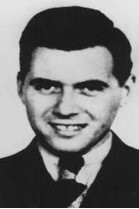 This is a mystery that spanned forty years before being solved and put to rest. Investigators from numerous countries, including the United States, West Germany, Israel, Argentina, Brazil, and Paraguay, all of which made confused and futile searches for the man or hard evidence of his having
This is a mystery that spanned forty years before being solved and put to rest. Investigators from numerous countries, including the United States, West Germany, Israel, Argentina, Brazil, and Paraguay, all of which made confused and futile searches for the man or hard evidence of his having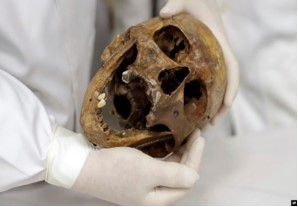 died. His name was Josef Rudolf Mengele.
died. His name was Josef Rudolf Mengele.

